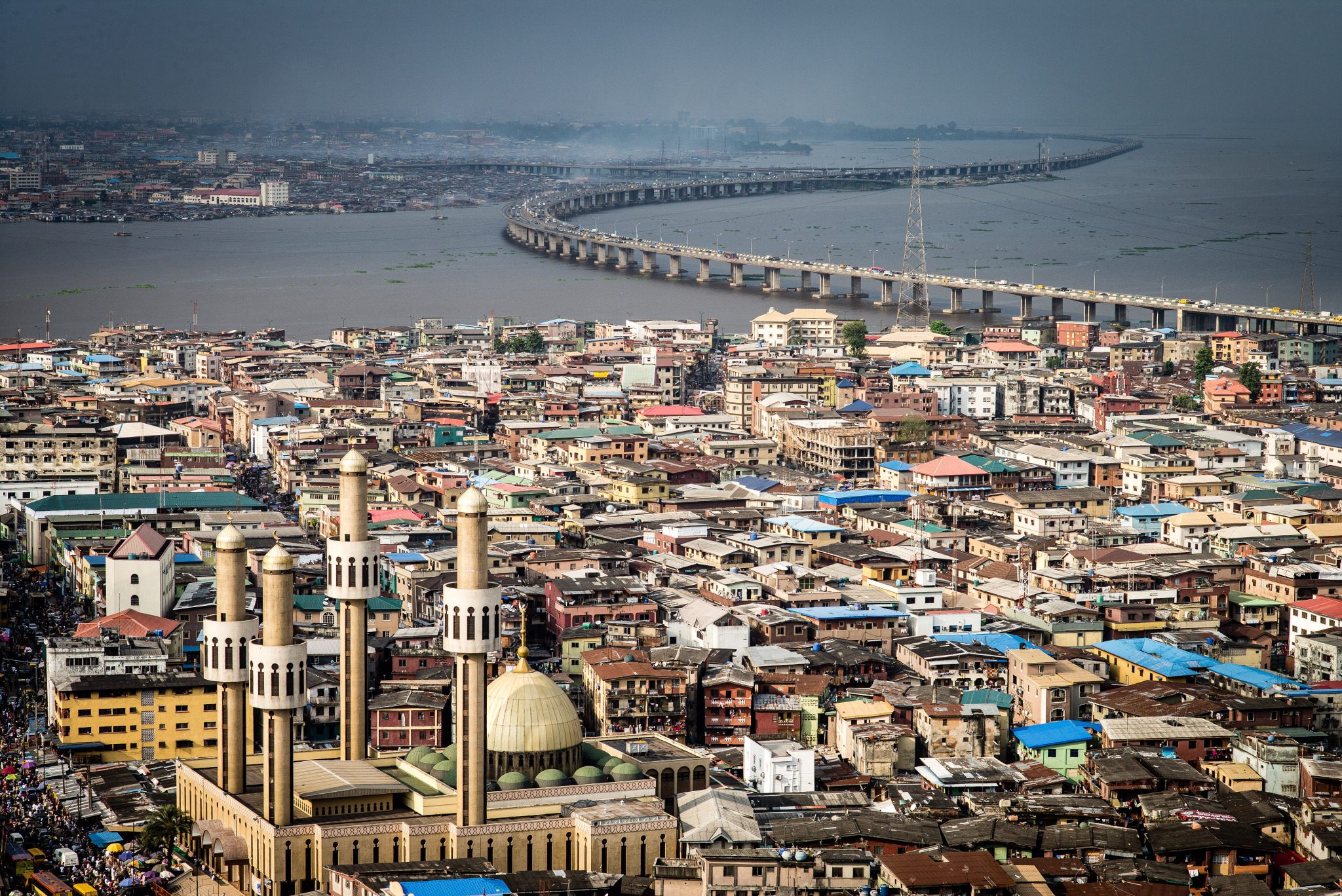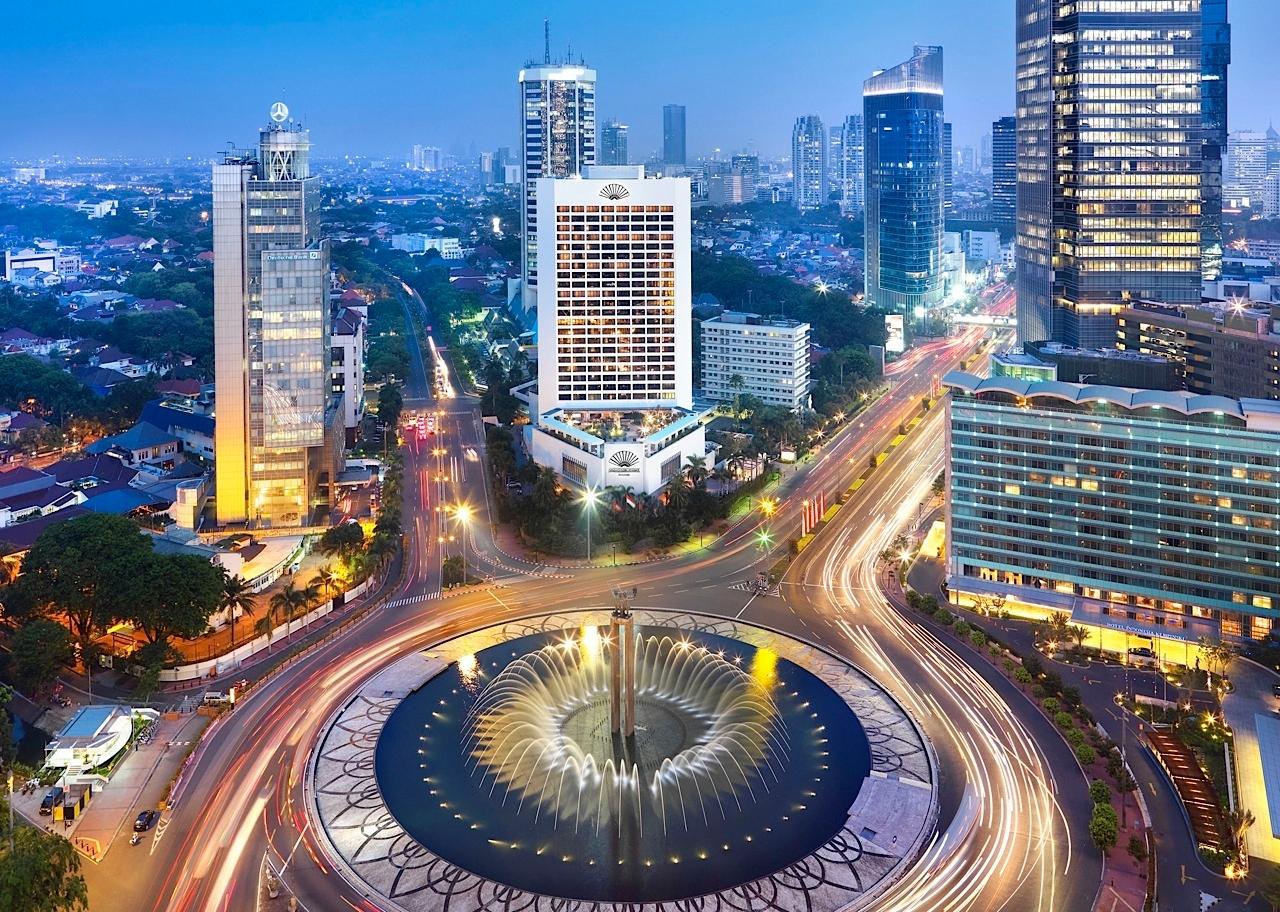Have you ever wondered about the vast and interesting country that is Nigeria? It's a place that really captures your attention, being the most populated nation in all of Africa, and it's also the most populous black nation on Earth. When you start thinking about exploring such a big and lively country, a good map of its cities can be, well, pretty much your best friend.
This West African giant, you see, has a truly diverse landscape, stretching out from the Sahel in the north, which is a bit arid, all the way down to the humid equatorial coast along the Gulf of Guinea in the Atlantic Ocean. It covers a huge area, roughly 923,769 square kilometers (or about 356,669 square miles), and that's a lot of ground to cover! Knowing where its cities are helps you get a sense of this incredible variety, actually.
From its borders with Benin to the west, Chad and Cameroon to the east, and Niger to the north, down to its long coastline in the south, Nigeria is, in a way, a hub of activity and culture. A detailed `nigeria cities map` can show you how these vibrant centers are spread out, giving you a clearer picture of this fascinating country, which gained independence in 1960 and became a republic in 1963, too.
Table of Contents
A Look at Nigeria's Geography and Climate
Major Cities You Should Know on the Nigeria Cities Map
Port Harcourt: The Garden City
Why a Nigeria Cities Map is Helpful
Frequently Asked Questions About Nigeria Cities
Where is Nigeria on the Map?
Nigeria, officially the Federal Republic of Nigeria, is, you know, a very important country situated right there on the western coast of Africa. It has a long coastline that extends along the Bight of Benin and the Gulf of Guinea, which are parts of the Atlantic Ocean. This placement gives it a lot of access to maritime trade routes, which is pretty significant, actually. The country's position means it plays a very big role in the regional economy and, you know, in various international dealings, too. Its connection to the ocean is, frankly, a key part of its identity and its opportunities for growth.
When you look at a map, you'll see Nigeria shares its borders with several other nations. To the west, it's next to the Republic of Benin. To the east, you'll find Chad and Cameroon. And then, up north, it borders Niger. These shared boundaries mean there's a lot of cultural exchange and, you know, movement of people and goods, which is quite interesting. The way these borders are set up, in a way, shows how interconnected the region is, and how Nigeria stands as a central point for many interactions. This close proximity to its neighbors really shapes its social fabric and, you know, its overall character.
The country's present territorial shape, you see, is mostly a result of 19th-century British colonialization. So, its boundaries, in a way, tell a story of its past. Understanding where it sits on the continent helps you get a better grip on its regional influence and its connections to its neighbors, too. It's a country with a very rich history, and its location has, you know, played a big part in shaping that story. A good `nigeria cities map` will always show these borders clearly, helping you place the cities within their broader geographical and historical context, so.
A Look at Nigeria's Geography and Climate
Nigeria's geography is, you know, really quite diverse, with climates that range from very dry, arid conditions in the north to humid equatorial zones in the south. This variety is, frankly, one of the things that makes the country so fascinating. It's almost like experiencing several different environments all within one nation, if you think about it. The northern parts, for instance, are influenced by the Sahel, which is a semi-arid belt, leading to a drier climate and open savannas. As you move further south, the amount of rainfall increases, and the vegetation becomes much denser, supporting rainforests and, you know, a different kind of natural beauty.
The northern parts, bordering the Sahel, tend to be drier, with savanna grasslands. As you move south, the climate becomes more tropical, with rainforests closer to the coast. This shift in climate, actually, influences everything from agriculture to the types of cities that develop in different regions, you know, what with the different resources available. For example, the fertile lands in the south are well-suited for various crops, while the north supports different types of farming and, you know, livestock. This geographical distinction is something that a `nigeria cities map` implicitly shows, as cities often grow where resources and conditions are most favorable, basically.
The vast land area, roughly 923,769 square kilometers, also means there are many different topographical features. You'll find rivers like the Niger and Benue, which are very important waterways, shaping the land and, in a way, connecting various communities. These rivers are, frankly, lifelines for many regions, providing water for irrigation, transportation, and, you know, supporting diverse ecosystems. The varied terrain, from coastal plains to central plateaus and northern highlands, adds to the country's natural richness. This diverse landscape is, you know, something you'd definitely see reflected on a detailed `nigeria cities map`, showing how settlements have grown around these natural features, providing a very clear visual of the country's physical makeup, too.
Major Cities You Should Know on the Nigeria Cities Map
When you're looking at a `nigeria cities map`, certain names really stand out, you know, as centers of activity, culture, and economy. These cities are, frankly, the pulse points of the nation, each with its own unique character and importance. They show you, in a way, the true heartbeat of Africa, as the country is often called the most populous black nation on Earth. These urban areas are where much of Nigeria's vibrant culture, diverse landscapes, and rich history truly come alive. They are, basically, where a significant portion of the country's around 213 million people reside, making them incredibly dynamic places.
From ancient historical hubs to modern, bustling centers, Nigeria's cities are a testament to its rich history and its forward momentum. Archaeological evidence, for instance, shows human habitation in the area dates back to at least 9000 BC, so there's a very long story behind many of these places. Getting to know these key urban areas gives you a much better sense of the country's dynamism, too. Each city, in a way, contributes its own flavor to the national story, offering different experiences and insights into what makes Nigeria so wonderful. They are, frankly, places where you can see the blend of tradition and progress, which is quite fascinating.
Lagos: The Economic Heartbeat
Lagos is, you know, arguably the most well-known city in Nigeria, and it's also one of the largest cities in Africa. It's a massive port city on the coast, and it serves as the country's main economic hub. If you look at a `nigeria cities map`, Lagos really pops out because of its sheer size and coastal location, which is, frankly, very strategic. Its position by the Atlantic Ocean has allowed it to grow into a major center for trade and shipping, attracting people and businesses from all over the world. This continuous flow of activity makes it a truly energetic place, so.
This city is, basically, a powerhouse for commerce, entertainment, and culture. It's home to the second-largest film industry on the planet, Nollywood, which is, you know, quite a big deal. The energy here is, in a way, almost palpable, with its busy markets, vibrant music scene, and, you know, constant movement of people. You can find everything from towering skyscrapers to crowded street markets, all existing side by side. It's a place where innovation and tradition seem to constantly interact, creating a very unique urban environment, which is, frankly, quite something to behold.
Despite its bustling nature, Lagos is also known for its beautiful beaches and a pretty unique island geography. It's a place where tradition meets modernity, and you can see that everywhere, from the architecture to the daily life of its residents, too. The city's growth has been phenomenal, and it continues to expand, absorbing more and more of the surrounding areas. It's a living example of Nigeria's potential and its drive, and it really shows you how much is happening in this part of the world, you know, as it's almost constantly changing.
Abuja: The Federal Capital
Unlike Lagos, which grew organically, Abuja was, you know, purpose-built to be Nigeria's federal capital, a role it officially took on in 1991. It's located right in the center of the country, which was a deliberate choice to make it accessible to everyone, more or less. On a `nigeria cities map`, you'll see it as a central point, a bit like a hub. This central placement was intended to symbolize unity and provide a neutral ground for all Nigerians, which is, frankly, a very important idea for a country with such diverse groups. The planning of the city was, you know, quite ambitious, aiming for a modern and functional capital.
Abuja is known for its well-planned infrastructure, its wide boulevards, and its impressive government buildings. It's a city that, frankly, feels a lot more organized and, you know, green than some of the older, more densely populated urban centers. It's home to the Presidential Complex, the National Assembly, and the Supreme Court, among other important institutions. The city's design emphasizes open spaces and green areas, providing a sense of calm amidst the important work carried out there. This contrast with other cities is, in a way, very striking, showing a different approach to urban development.
While it might not have the same historical depth as some other cities, Abuja offers a different kind of experience – one of modern governance and, you know, a growing international presence. It's a city that's still developing, and you can see that in its constant expansion and, you know, new projects popping up, too. Many embassies and international organizations have their offices here, making it a truly global city in some respects. Abuja is, basically, a symbol of Nigeria's aspirations for the future, a place where progress is, you know, very much on display.
Kano: A Northern Powerhouse
Moving north on the `nigeria cities map`, you'll come across Kano, which is, arguably, one of the oldest and most historically significant cities in West Africa. It has been a major trading hub for centuries, particularly for trans-Saharan trade routes. This long history is, frankly, very evident in its ancient city walls and its traditional architecture



